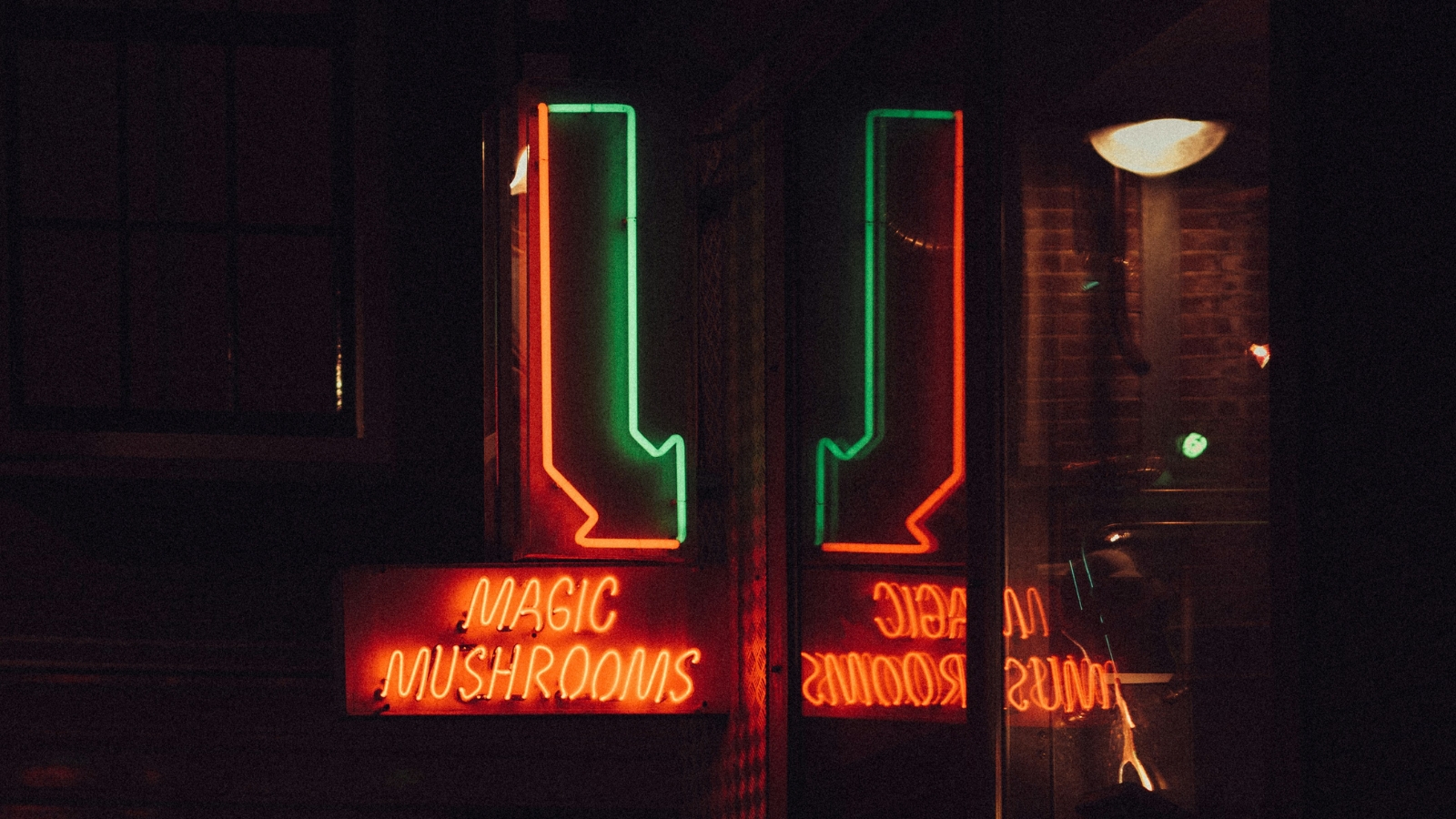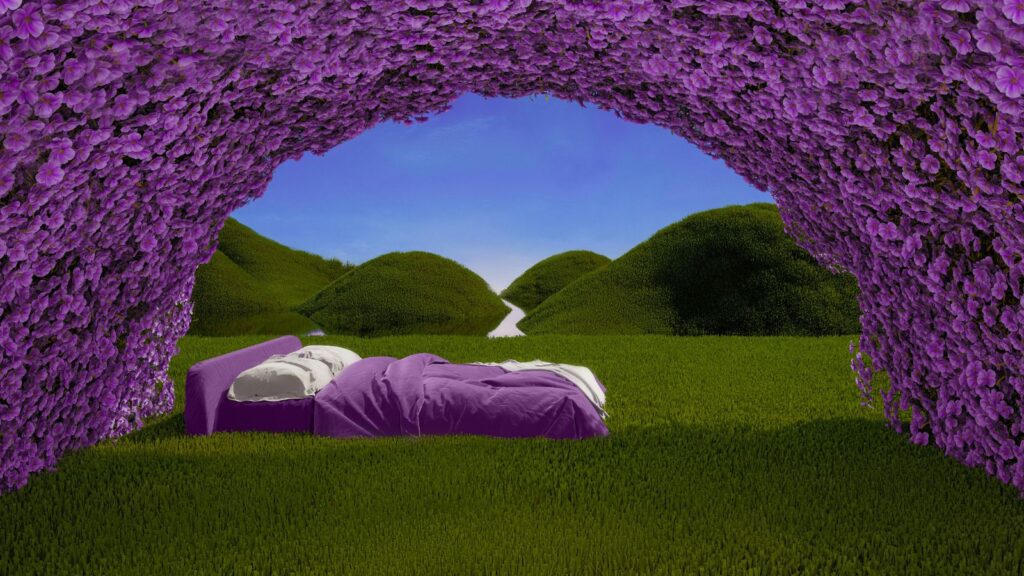Where are magic mushrooms legal? More and more people are curious about magic mushrooms, reflecting a growing cultural interest in psychedelics. From Denver’s hugely popular “OverGrow the State” psilocybin decriminalization campaign to Michael Pollan’s best-selling book How to Change Your Mind, magic mushrooms are having a renaissance moment.
A few key factors drive this renewed interest. First, a wave of groundbreaking research from top institutions like Johns Hopkins and NYU has revealed magic mushrooms’ potential to treat depression, anxiety, addiction, and other mental health conditions when used properly. Second, the injustices of the War on Drugs have led many to question the harsh criminalization of natural plants and fungi with therapeutic value.
At the same time, stars like Kristen Bell have been open about their positive experiences with psychedelics, further destigmatizing their use. The floodgates have opened for an honest cultural conversation around these ancient sacred medicines.
But what does the current legal status of magic mushrooms actually look like across the United States? This comprehensive guide will explore the rapidly shifting landscape of psilocybin laws and policies at both the state and local levels, as well as discuss ongoing reform efforts and medical research around these special fungi.
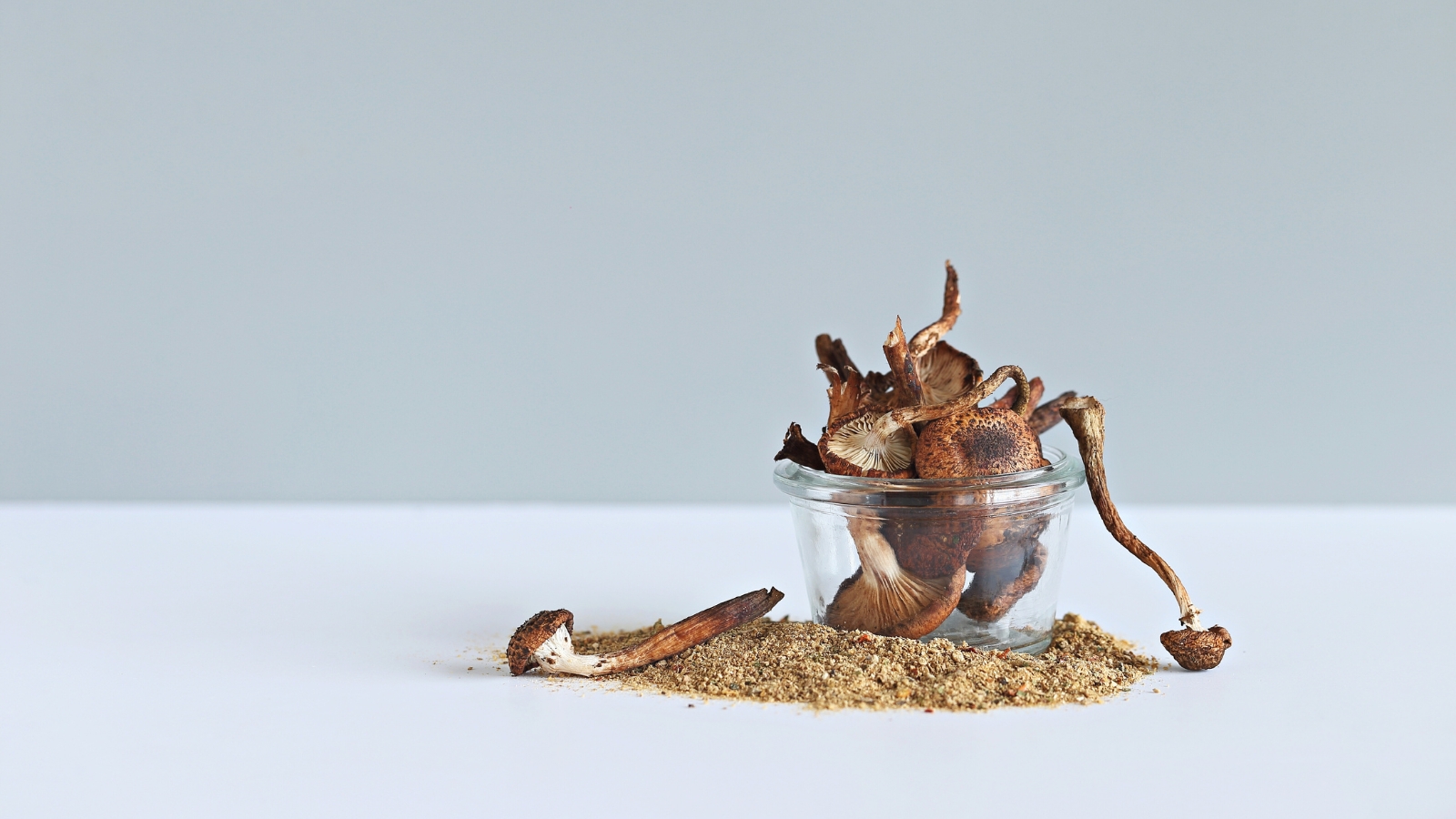
Current Legal Status of Magic Mushrooms in the U.S.
While psilocybin mushrooms remain largely illegal across the United States, a psychedelic reform movement is quickly gaining momentum. An increasing number of states and cities have taken steps to decriminalize or even legalize magic mushrooms for medical and personal use.
Federal Scheduling of Psilocybin Mushrooms
At the federal level in the United States, psilocybin and psilocybin-containing mushrooms are classified as Schedule I controlled substances under the Controlled Substances Act. This means they are considered to have a high potential for abuse and no accepted medical use.
Possession of any amount of psilocybin mushrooms is illegal under federal law and can result in harsh penalties, including fines and jail time, especially for larger amounts considered for distribution. However, the enforcement of psilocybin laws tends to be relaxed compared to other scheduled drugs in most parts of the country.
State Laws on Magic Mushrooms
When it comes to state laws, the legal status of magic mushrooms varies. In most states, psilocybin mushrooms remain completely illegal for possession or use in any context. However, several states and cities have taken steps to decriminalize or legalize psilocybin in recent years.
In 2020, Oregon passed Measure 109, becoming the first state to legalize the supervised use of psilocybin mushrooms in therapeutic settings. The state is now developing a legal psilocybin services program that is set to launch in 2024. However, possession of mushrooms outside of approved settings remains illegal.
Other states like Colorado, New Mexico, and Connecticut have decriminalized low-level possession of psilocybin and other psychedelics, removing the threat of jail time. Washington, D.C., has also decriminalized psilocybin mushrooms.
Certain cities like Denver, Oakland, Somerville, and others have passed similar decriminalization measures, making possession of small amounts the lowest law enforcement priority.
Decriminalization vs. Legalization
However, it’s important to note that “decriminalized” does not mean “legal.” Possession can still result in fines or other penalties in these areas based on specific local laws.
While reform is happening rapidly, psilocybin mushrooms currently have a very limited legal status in the U.S. outside of approved therapeutic contexts in Oregon. Possessing or growing mushrooms for personal use can still risk legal jeopardy in most places.

Potential Medical Uses of Magic Mushrooms
One of the biggest driving forces behind the psilocybin decriminalization movement is the promising research around the therapeutic potential of magic mushrooms and the psychedelic compound psilocybin they contain.
Revitalized Research
Over the past two decades, a revitalized field of psilocybin research at major institutions like Johns Hopkins, NYU, and Imperial College London has revealed exciting potential uses for treating a variety of mental health conditions.
Depression is one area showing particularly promising results. Multiple studies have found that just a single dose of psilocybin can produce lasting reductions in depression and anxiety symptoms, with effects lasting months after treatment. Participants frequently describe a profound shift in their mindset and outlook.
Potential for Addiction Treatment
Psilocybin therapy is also being explored as a potential breakthrough treatment for addiction. Research shows psychedelic experiences can disrupt unhealthy patterns of behavior and thought, helping people break free from the cycles of addiction more effectively.
Other Therapeutic Uses
Other studies point to psilocybin’s ability to ease end-of-life anxiety and depression in terminal cancer patients, as well as treat obsessive-compulsive disorder (OCD), post-traumatic stress disorder (PTSD), and cluster headaches.
The biological mechanisms behind these benefits are still being researched, but psilocybin appears to promote neuroplasticity, neurogenesis, and neural connectivity in key areas of the brain related to perception, mood, and cognition, allowing for profound psychological shifts.
Clinical Trials Underway
The data are so promising that several psilocybin therapy programs have advanced to late-stage clinical trials. In 2018, the FDA granted COMPASS Pathways’ psilocybin therapy for treatment-resistant depression Breakthrough Therapy designation to accelerate its development.
While more research is still needed on proper therapeutic protocols and long-term effects, the medical potential of magic mushrooms and psychedelics is undeniable. As reform efforts open access, these could become mainstream, FDA-approved medicines shortly.
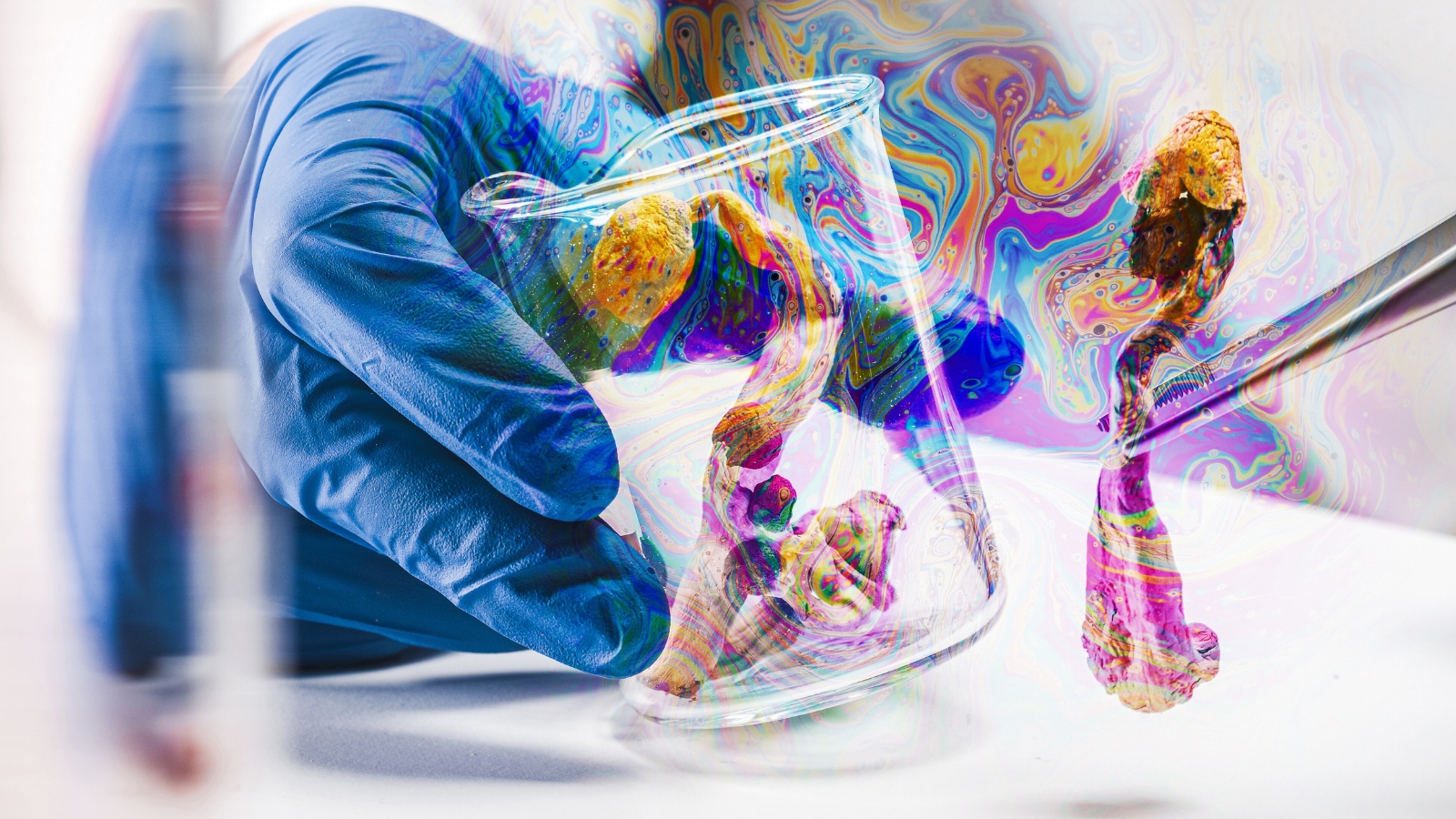
Legal Risks and Considerations
While reform is happening, it’s crucial to understand that possessing, using, or cultivating magic mushrooms can still carry serious legal risks in many parts of the United States. Psilocybin remains a Schedule I controlled substance under federal law.
In states without decriminalization measures, possessing psilocybin mushrooms – even for personal use—could potentially result in felony charges, fines, and jail time, depending on the amount. Growing or distributing mushrooms would be considered a more serious offense.
Regulations in Decriminalized Areas
Even in decriminalized cities or states like Denver, Colorado, or Oregon, there are still limits and regulations regarding legal possession and use. Exceeding specified personal amounts or engaging in unauthorized sales could result in criminal penalties.
Those found in violation of psilocybin laws also risk other consequences beyond criminal charges. This could include probation, asset forfeiture, loss of employment, impacts on child custody cases, ineligibility for federal aid, and more.
It’s also important to remember that possessing mushrooms still violates federal law, even if state laws have been reformed. This could create legal issues when traveling across state lines or situations involving federal jurisdiction.
Understand Local Laws
If you do choose to use psilocybin mushrooms where decriminalized or legalized, be sure to thoroughly understand and carefully follow all local laws and regulations around approved amounts, venues, facilitators, etc. Improper use outside of regulated channels could still risk legal jeopardy.
The legal landscape is rapidly evolving, so it’s essential to stay up-to-date on the latest mushroom policies in your specific area before making any decisions about acquiring or consuming them. When in doubt, exercise an abundance of legal caution or consult a lawyer. Reform comes with responsibility.
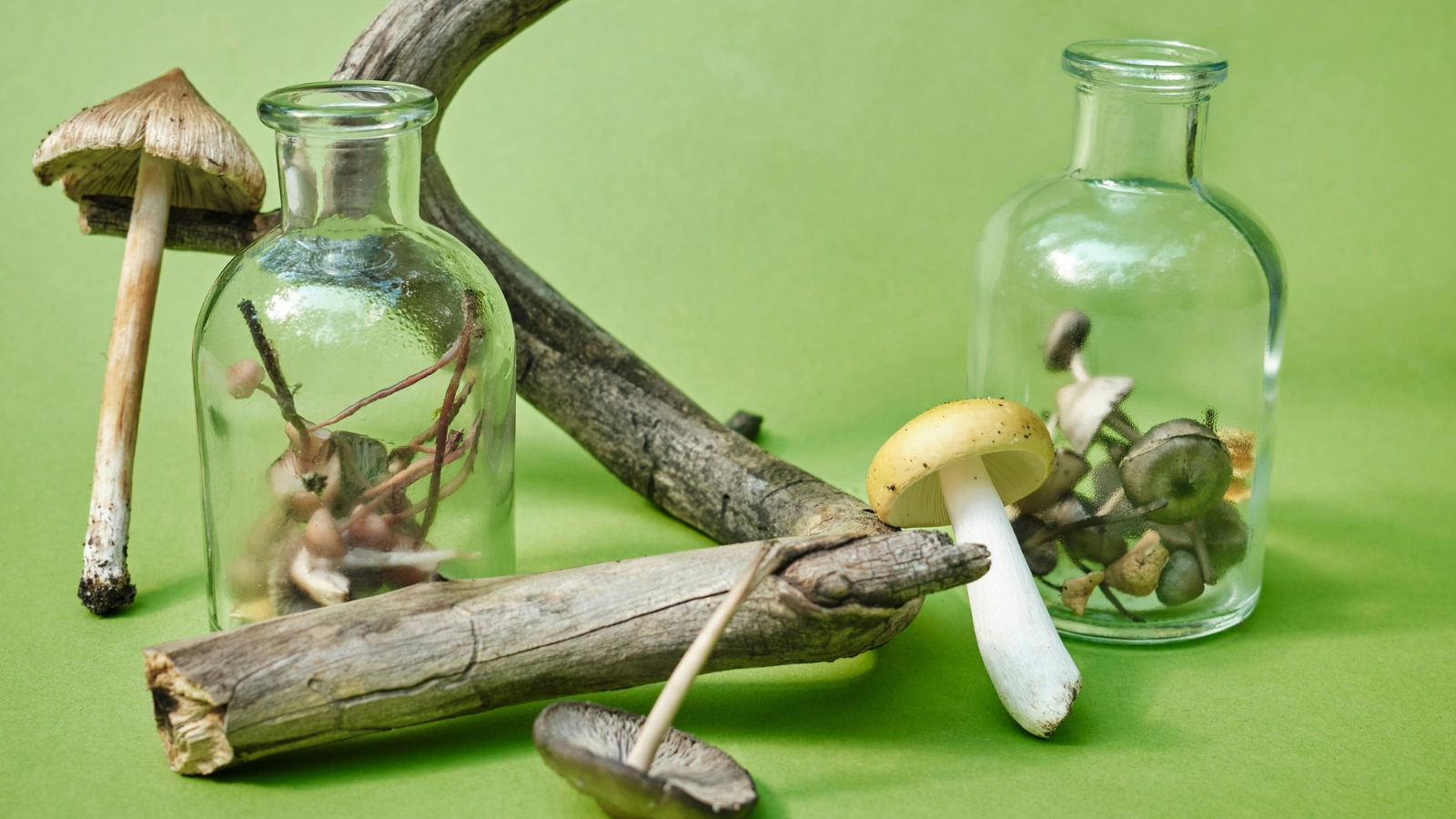
Final Thoughts
The legal status of magic mushrooms is shifting rapidly across the United States. While they remain federally prohibited Schedule I substances, an increasing number of states and cities have taken steps to decriminalize or legalize psilocybin for therapeutic and personal use in recent years. The promising medical potential of these ancient fungi is driving reform efforts and cultural acceptance.
However, possessing or using psilocybin mushrooms still carries legal risks in most areas. It’s crucial to understand your local laws and proceed with caution if exploring mushrooms outside of regulated contexts. Those passionate about these issues should stay informed on policy changes and consider advocating for sensible psychedelic reform through proper channels.
